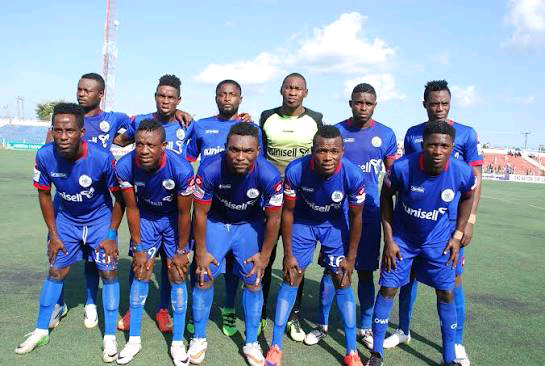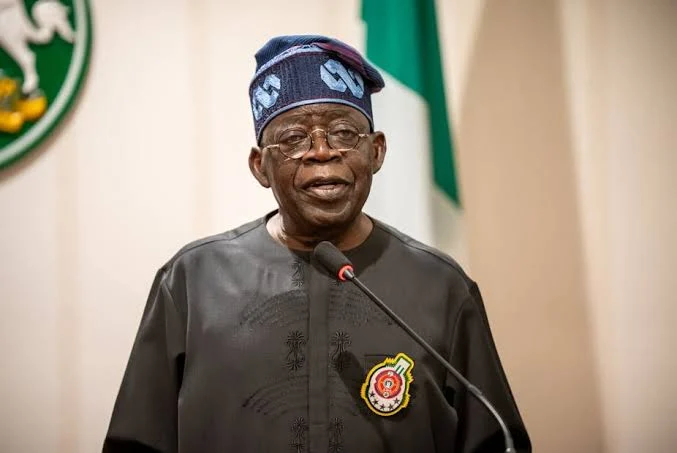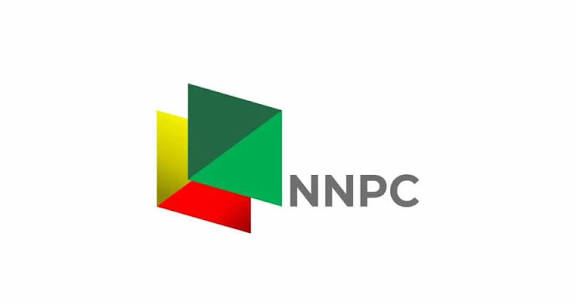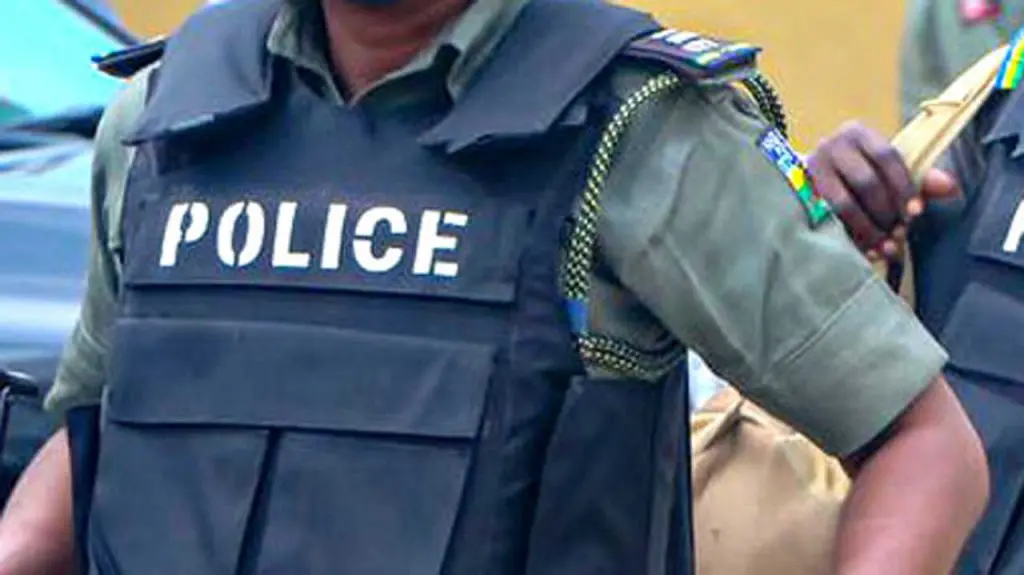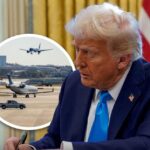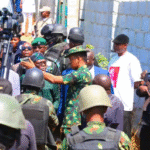U.S. Congress to Hold Hearing Thursday on Alleged Christian Persecution in Nigeria After Trump’s CPC Re-Designation
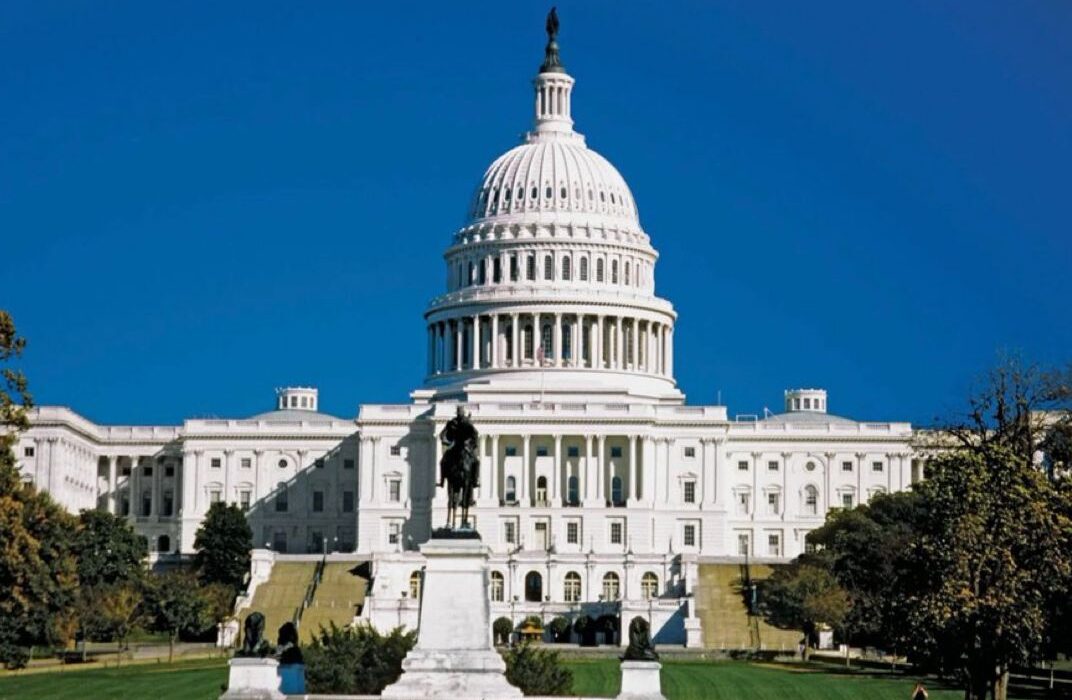
The United States Congress will on Thursday hold a high-profile hearing on allegations of Christian persecution in Nigeria, following President Donald Trump’s recent decision to re-designate the country as a Country of Particular Concern (CPC) under the International Religious Freedom Act.
The classification is reserved for nations accused of permitting or engaging in severe violations of religious freedom.
The hearing will be chaired by Congressman Chris Smith, head of the House Foreign Affairs Subcommittee on Africa and a leading voice among U.S. lawmakers pushing for stronger action on Nigeria.
Smith has long raised concerns about violent attacks on Christian communities and what he describes as the Nigerian government’s failure to curb extremist activity.
Smith had earlier introduced a congressional resolution naming the Miyetti Allah Cattle Breeders Association of Nigeria (MACBAN) and the Miyetti Allah Kautal Hore as groups linked to violent incidents in Christian-majority areas.
The resolution recommended sanctions, including visa bans and asset freezes, targeting individuals associated with the organisations.
It also urged the U.S. government to place “Fulani-Ethnic Militias” operating in Benue and Plateau States on the Entities of Particular Concern (EPC) list.
According to Smith’s office, the congressional session will examine claims of “ongoing religious persecution of Christians by radical Islamists,” the broader implications of Nigeria’s CPC designation, and what actions the U.S. State Department should take in response to what lawmakers describe as the Nigerian government’s “complicity or failure to act” on targeted violence.
The hearing is expected to draw testimony from religious freedom advocates, security analysts, and human rights organisations, all of whom have raised alarms over escalating attacks on rural communities across Nigeria.
Nigeria has consistently rejected accusations of systemic Christian persecution, arguing that the violence in states like Plateau, Benue, Kaduna and Taraba is driven largely by criminality, land disputes, and competition between farming and pastoralist groups rather than religion.
However, international advocacy groups insist that religious identity has increasingly become a factor in the pattern of attacks.
The outcome of Thursday’s hearing could influence future U.S.–Nigeria relations, particularly if Congress pushes for sanctions or enhanced diplomatic pressure.
With Nigeria already battling widespread insecurity, the global attention generated by the hearing is expected to intensify debate about how the government is addressing sectarian violence and protecting vulnerable communities.


